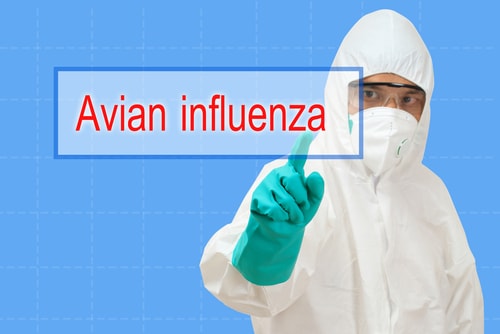15 states are already battling the disease
By Diego Flammini, Farms.com
Farmers and officials from the Arizona State Department of Agriculture are on high alert as the first cases of avian influenza may have hit Arizona.
About 40 quail and partridge eggs, and 13 quails and chickens were imported to Arizona from Iowa – a state that’s arguably battling avian flu the worst of all the ones impacted by the disease.
Shortly after arriving in Arizona, birds became ill and the initial test results came back positive for H5 avian flu.
Four properties in the state are now under quarantine. They are in Pianl, Mohave, Santa Cruz and Yavapai counties.
“Bird enthusiasts and breeders who are shopping on the internet need to take care when ordering,” said Dr. Perry Durham, State Veterinarian. “These birds and eggs came from a state where Avian Influenza is rampant, responsible for the loss of millions of turkeys and hens.”
Dr. Durham warns that if people are importing poultry, to make sure it’s not coming from one of the 15 states already battling avian flu: Arkansas, California, Idaho, Iowa, Indiana, Kansas, Minnesota, Missouri, Montana, Nebraska, North Dakota, Oregon, South Dakota, Washington and Wisconsin.
Anyone bringing birds into Arizona must have the original certificate of health for them and make sure they are coming from a non-controlled area. The facility in Iowa provided birds and eggs to nearly 75% of the country before the tests were conducted.
Avian flu is not considered dangerous to humans and it’s safe to eat poultry when it’s handled and cooked properly.
Tell us your thoughts about avian flu possibly now being in Arizona. As a farmer in Arizona, what would you do to make sure your birds are as safe as they can be?